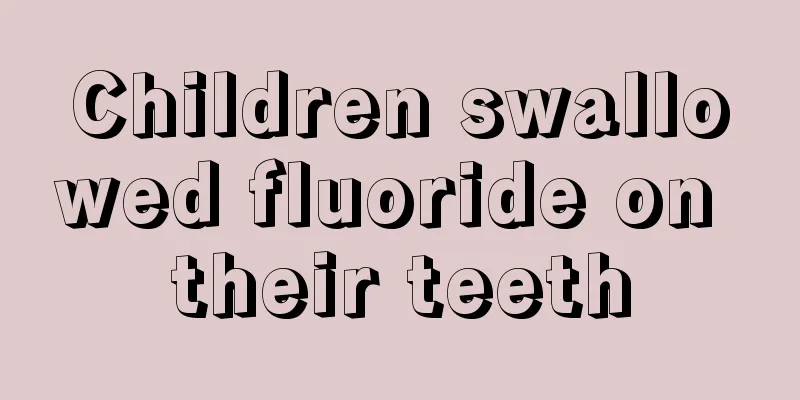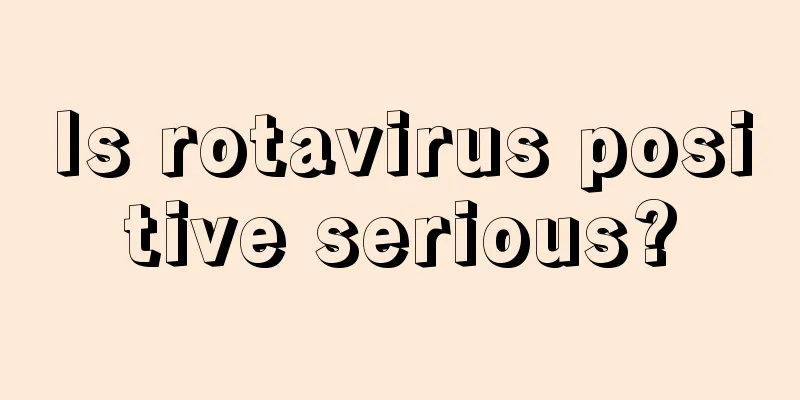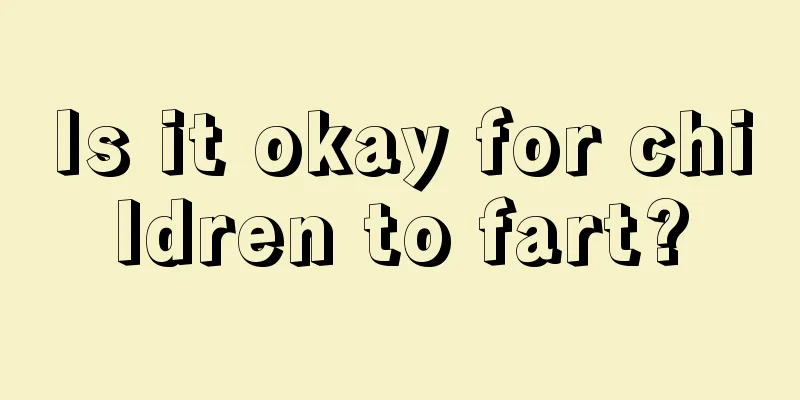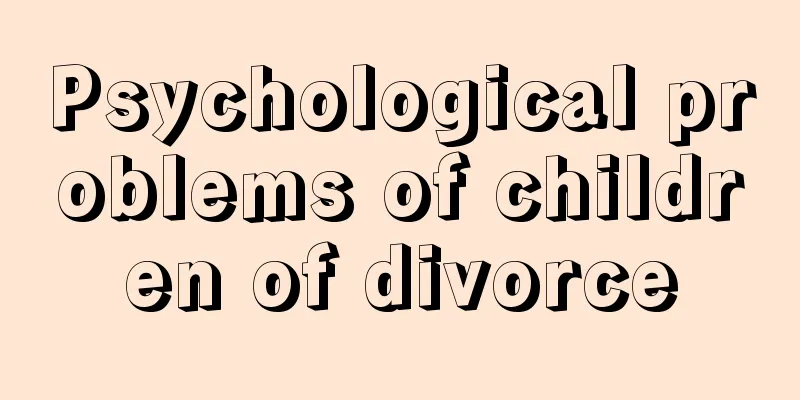Children swallowed fluoride on their teeth

|
Dental caries is a common dental disease among children. There are many reasons for dental caries. Applying fluoride on children's teeth is currently an effective way to prevent dental caries. Many children accidentally swallow the fluoride after applying it. Generally, if it is a simple fluoride treatment done in a regular dental hospital, there is no problem. It is best not to eat or drink water within one hour after applying fluoride. If the fluoride is excessive, it can easily cause yellowing of the teeth. The harm that dental caries brings to children also includes the following aspects: 1. Influence on physical development Infancy is a critical period in a child's growth and development. Nutrition intake and digestion are related to the health of deciduous teeth. Babies feel tenderness when eating food and dare not chew hard, so the food cannot be chewed well, which affects the baby's digestion and absorption of food and reduces the body's resistance. This is one of the reasons why children with caries are prone to colds and infectious diseases. 2. Influence on facial development Early childhood is the development stage of facial development. Early loss of deciduous teeth or fear of chewing will cause insufficient development of the jaw, affecting the child's facial development, making the face lose harmony and beauty, reducing the child's self-confidence, causing psychological trauma to the child, and endangering the child's mental health. 3. The health of permanent teeth will be affected by the quality of deciduous teeth. If the deciduous teeth have caries, the permanent teeth will begin to grow in an environment where caries bacteria continue to grow, and new caries will form in the permanent teeth. The early loss of deciduous teeth can cause a disorder in the occlusion relationship of adjacent teeth and lead to misalignment of permanent teeth. 4. Pain can also cause direct mental, psychological and physical harm to children, and can easily lead to dental phobia in children. 5. Caries of deciduous teeth can cause enamel hypoplasia in permanent teeth, affecting the appearance. The early loss of deciduous teeth can lead to smaller spaces between teeth, abnormal eruption positions of permanent teeth, and malocclusion. Even if it can be corrected through orthodontic treatment later, it will cause physical pain to the child and financial loss to the family. 6. If dental caries are not treated in time, root fistulas will form, and in severe cases, systemic diseases will occur. What are the sequelae of dental caries? 1. Cause pulpitis and lead to toothache. When caries destroys the enamel and invades the dentin, the patient will feel tooth pain when encountering cold, hot, sour or sweet stimuli. Clinical examination can show holes formed on the teeth, which are dark brown in color. If not treated at this stage, the caries cavity will gradually deepen, affecting the pulp and causing pulpitis. Spontaneous pain may occur at this time, and it may also cause headaches on the same side, making the patient restless. 2. If pulpitis is not treated in time, it will cause apical periodontitis. The inflammation continues to develop towards the tooth root, causing apical periodontitis, root swelling and pain, loose teeth, and in severe cases, facial swelling, fever, and limited mouth opening. Bacteria entering the blood may even cause bacteremia and endanger life. If caries in deciduous teeth are not treated in time, it can gradually develop into severe apical periodontitis, which can cause developmental abnormalities. If deciduous teeth are lost prematurely due to caries, it will not only affect the eruption of permanent teeth as scheduled, but will also cause disordered arrangement of permanent teeth and cause jaw deformities. 3. Cause gastrointestinal diseases . Permanent teeth are lost early due to caries, and a large number of missing teeth will affect the chewing of food, which will inevitably increase the gastrointestinal burden. 4. Cancer. Severe caries can cause residual crowns and roots to irritate the surrounding soft tissues, leading to ulcers, erosion, and even cancer. It can also become a focus of disease and a base camp for bacteria. Bacterial toxins can reach various parts of the body through the blood. |
<<: What kind of fish is good for baby food?
>>: Baby regurgitates milk and then swallows it?
Recommend
Why does my child's leg hurt?
Children will always experience physical pain dur...
Why does my baby have diarrhea after feeding?
For many young fathers and mothers, raising child...
What is the reason for the yellow palms of children?
The health of children can be manifested in many ...
How to remove the bruises on baby's face
As soon as the baby learns to walk, he likes to r...
What should a seven-year-old eat to grow taller?
Every parent hopes that their baby can grow up he...
What should I do if my child has congenital finger deformities?
Fingers are an essential part of the human body t...
What should I do if my one month old baby has enteritis?
The baby's physical health will often be affe...
Baby Food Encyclopedia
For babies who have just been born, we must pay s...
How to help children have good eyesight
With the arrival of the holidays, children can fi...
How old is the baby's neck when it can stand up?
We all know that the baby's neck is particula...
Reasons for repeated coughing in children
No matter what season it is, children are particu...
What is the reason for the white tongue coating of a one-month-old baby?
Summer is a season with relatively hot weather, a...
Symptoms of vitamin B deficiency in children
Vitamin B is an essential nutrient for the human ...
What causes bad breath in a three-year-old child?
Bad breath is still very common. People nowadays ...
Two-year-old baby sweats on his head while sleeping
Many parents will find that their two-year-old ba...









